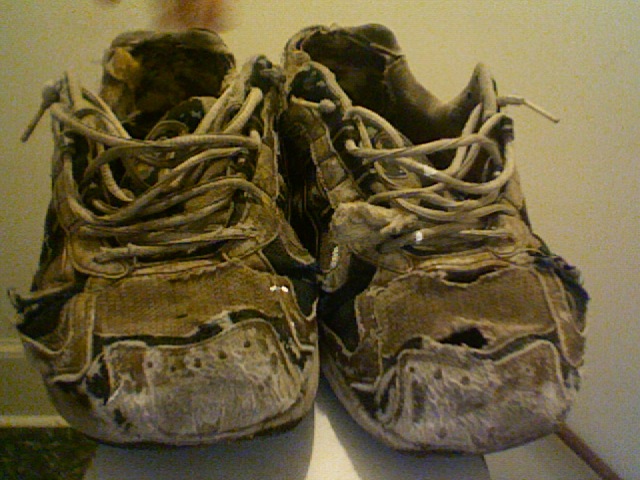Mashal was six years old when he and his family returned home to Kabul, Afghanistan after the war in 2001. Like many children do, Mashal was playing outside of his home when his mother heard a loud explosion. He screamed once and then became quiet. His right leg had been completely blown off.1
Landmines kill nearly 20,000 people every year, 90% of them civilians, 8,000 of those are children. Over 70 million landmines litter the ground in 1/3 of the countries of the world, having been dropped there during military conflicts even decades ago.2 It took the concerted efforts of many human rights groups and political leaders to push forward a UN ban on landmines in Ottawa in 19973, but that did not bring an end to the perpetuation of destruction. With landmines banned, new military technologies have come into use, causing the same devastating impact to civilians that landmines had caused and still cause. Cluster bombs, used heavily by the USA in it’s invasion into Afghanistan, cause similar destruction, killing and maiming thousands of civilians long after the conflict has ended.
The issue of land mines and cluster bombs is not one about being for or against “The War.” Even the most staunch war supporter can see that the indiscriminate killing and maiming of children is wrong. Those against the war can begin to take specific steps to at least reduce the civilian casualties by addressing specific issues such as cluster bombs.
“Religion that God our Father accepts as pure and faultless is this: to look after orphans and widows in their distress and to keep oneself from being polluted by the world.”
One of the early church leaders, James, emphasized the importance of declaring our faith by what we do, and specifically he gave this charge, to look after orphans and widows in their distress. Many, like Mashal and his mother, are trying to survive in war-torn lands, and we have the opportunity to help them.
There are several things you can do:
Inform: Tell your friends and family, neighbors and politicians about the effects of landmines and the stories of the families of those who’ve been killed. (you could start by emailing this post).
Act: You can take specific action right now to address this issue by donating financially https://secure3.ctsg.com/aam/donation/, signing a treaty http://www.icbl.org/action and ask others to take similar actions
Organize: If your compelled to do more, many of the organizations have opportunities to organize dinners, school groups, churches and more to take broader actions and campaigns to clean up landmines.
References:
Adopt-a-Minefield
Human Rights Watch
International Committee of the Red Cross
_____
1 http://www.icrc.org/web/eng/siteeng0.nsf/htmlall/afghanistan-stories-231107
2 http://www.landmines.org/crisis/landmine_fact_sheet.cfm
3 http://en.wikipedia.org/wiki/Ottawa_Treaty

 This will be a short review. I heard about
This will be a short review. I heard about 